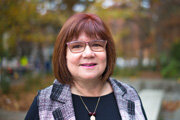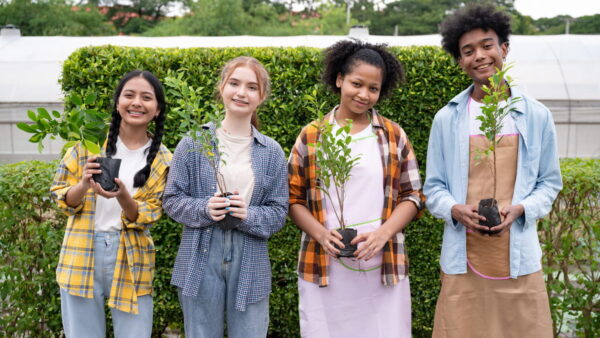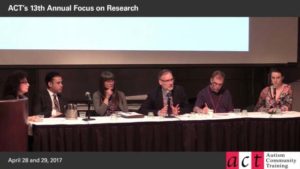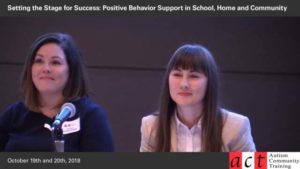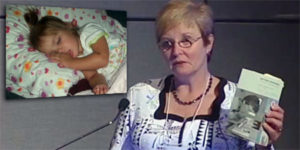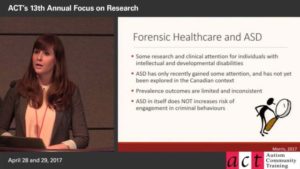Filmed November, 2019 – edited into 12 parts; total 221 minutes
This one-day informal gathering was held to discuss how Indigenous communities can be better served by meaningful research into the needs of their children affected by developmental disabilities in British Columbia. The presentations featured research projects that have been developed in partnership with Indigenous communities. The benefits of collaborative partnerships, in the context of chronically under-resourced Indigenous programs, are discussed as a necessary step in the process of genuine reconciliation. Key research findings are presented.
Resources from this presentation are available to view at the end of this page. Skip to resources.
Introduction and Welcome
The day was opened by Shane Pointe, a respected Musqueam Elder who spoke about the concept of Nutsamaht – ‘we are one’.
Researching Together: Creating Relationships and Safety with Indigenous Peoples
This session highlights a research relationship built on the need to generate and share knowledge about how Aboriginal Infant Development Programs (AIDP) support the health and well-being of Indigenous families and young children in BC. Research by “outsiders” in First Nations communities has long been a concern. Presenters Diana Elliott (AIDP Provincial Advisor) and Alison Gerlach (University of Victoria) explain how their partnership emerged through a shared understanding of the importance of relationship building and cultural safety in the research process, demonstrating the benefits of a ‘two-eye seeing’ approach.
Download the Research Summary report for the AIDP of BC (pdf)
Part 1: Introduction to the collaborative process
Part 2: Two-eyed seeing: Indigenous knowledge and relationships with non-Indigenous researchers
Part 3: Autism and diagnosis in Indigenous communities
Part 4: Question & Answer period
- Start – How do you adapt services to broaden partnerships with families?
- 07:33 – Can you speak to how we can make standardized testing and reports appropriate for Indigenous children?

Diana Elliott is Coast Salish from Cowichan Tribes and Nuu Chah Nulth from Hupacasath First Nation. Diana values the teachings of her Elders and incorporates these into her daily work as the Provincial Advisor for the Aboriginal Infant Development Programs which now has 52 sites across B.C. Working from the philosophy that each child is a gift from the Creator, Diana appreciates the importance of enriching early and lifelong learning for children and support for parents and families.
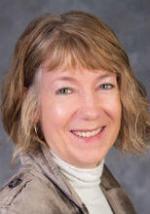
Bridging the Cultural Gap Through Collaborative Dialogue
Nzen’man’ Child and Family Development Centre and Simon Fraser University (SFU) conducted a research project called ‘Bridging the Cultural Gap Through Collaborative Dialogue’. The intent was explore the inequalities and barriers faced by Indigenous families in the Nlaka’pamux Nation when accessing diagnostic and support services for their child/youth with autism. The Project Team heard from families and service providers about their experiences in supporting a child/youth with autism, what their hopes and dreams are for their children and how we can work together as a community to better support children and youth with autism. As part of the project we organized training on early identification and intervention in ASD and sought input from Nzen’man’ service providers on the cultural sensitivity and potential adaptation of these tools.
Part 1: Nzen’man’ Child and Family Development Centre Society – Romona Baxter
- Colonialism and transformation
- “The ground we are standing on”: Approaches in early identification of ASD and family supports with an Nlaka’pamux lens.
- The Trail Forward: rebuilding capacity
Part 2: Nzen’man’ Child and Family Development Centre Society – Rona Sterling-Collins
- About the project: community consultations; autism-related staff training
- Reciprocal Imitation Training (RIT)
- Screening Tool for Autism in Toddlers (STAT)
- Community consultations: knowledge gathering events in Lytton and Merritt
- Hopes & Dreams: what do families want?
- Barriers & inequalities faced by families
- Supports needed by children & families
- Community supports
Part 3: Simon Fraser University – Dr. Grace Iarocci
- SFU’s experience of the research project
- Research is not a new concept to Indigenous peoples
- Lateral versus hierarchical partnership
- Bring community partners and researchers together
- Closing points and thanks with Rona Sterling-Collins
Part 4: Question & Answer period
- Start – Can you share your experiences about what you learned from the communities you worked in?
- 06:08 – How do you ask the questions about a community’s culture and how to work best within the community?

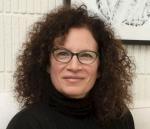
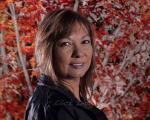
Building Respectful Relationships in Research with Indigenous People
View the slides for this presentation (PDF)
The Human Early Learning Partnership (HELP) strives to engage in First Nations, Métis and Inuit research, data collection, and reporting in a culturally-responsive and safe manner that acknowledges the history, language and culture of First Nations, Métis and Inuit children and their families. HELP established an Aboriginal Steering Committee (ASC) in 2003. This presentation will cover some of the history of this important relationship between the ASC and HELP faculty, staff and partners which has brought great value to HELP’s work.
As one of the ASC’s founding members, Diana Elliott will share how she learned about HELP in her own community, beginning in 1998. She will highlight her own interest in HELP and how research partnerships between Aboriginal and non-Aboriginal people and organizations are important, especially as we support and encourage Indigenous people to conduct research. Diana’s presentation will explore how we support Indigenous people to see research as a useful and positive thing.
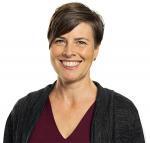
Part 1: Research in Aboriginal Communities: Are We Speaking the Language and Culture of Aboriginal People?
- Story telling – passing on teachings and information
- Cultural safety
- AIDP ( Aboriginal Infant Development Program); HELP (Human Early Learning Partnership); Truth and Reconciliation Commission
- Thought: “Unless a child learns about forces which shape him: the history of his people, their values and customs, their language, he will never really know himself or his potential as a human being.”
- Cultural appropriateness
- Aboriginal-led Research
Part 2: Human Early Learning Partnership (HELP) – Shannon Piedt
- HELP: An interdisciplinary research institute at UBC
- HELP’s vision & mission
- HELP’s child monitoring system
- Aboriginal steering committee: Their role and influence
- Building a culture at HELP
- Influencing data collection
- Aboriginal language and identity data
- Guide for reporting and engagement
- Aboriginal children’s data
- Self-determination and OCAP (Ownership, Control, Access, and Possession)
- Training for teachers and raising awareness about language and culture
- Diana Elliot: Thoughts on the good, the bad, and the ugly of collaborative research
Part 3: Audience discussion and Q&A
- Start – What research are you interested in?
- 02:25 – Providing support for remote communities
- 04:20 – What’s the difference between the STAT and the M-CHAT screening tools?
- 07:10 – Improving access to support and services in rural & remote communities
- 12:18 – Closing remarks
Resources
Ages & Stages Questionnaires – Cultural Adaptations Guidelines for Aboriginal Communities
The STAT™ (Screening Tool for Autism in Toddlers & Young Children)
This is not a guide to Indigenous research partnerships – Karen Adams, Shannon Faulkhead
Autism Videos @ ACT – 60 educational videos for parents and professionals
Co-sponsored by
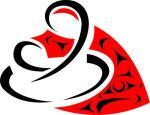
Aboriginal Infant Development Program
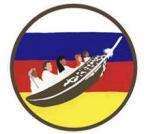
Aboriginal Supported Child Development
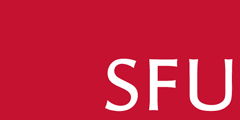
Simon Fraser University

Dwyer Tax Law

